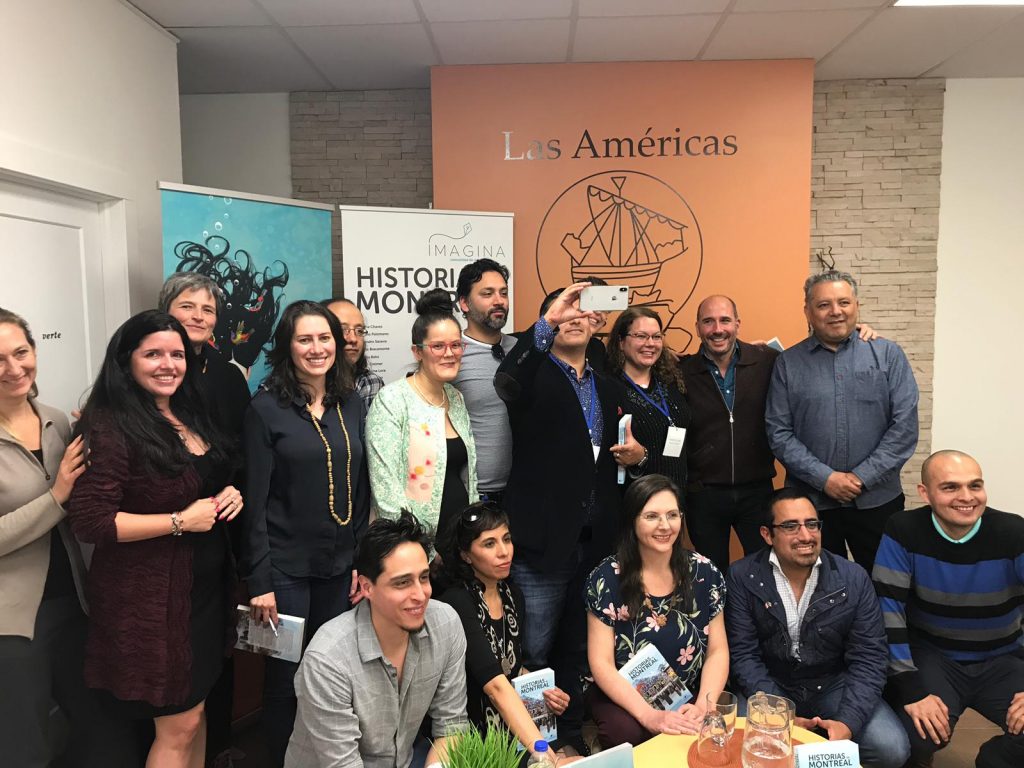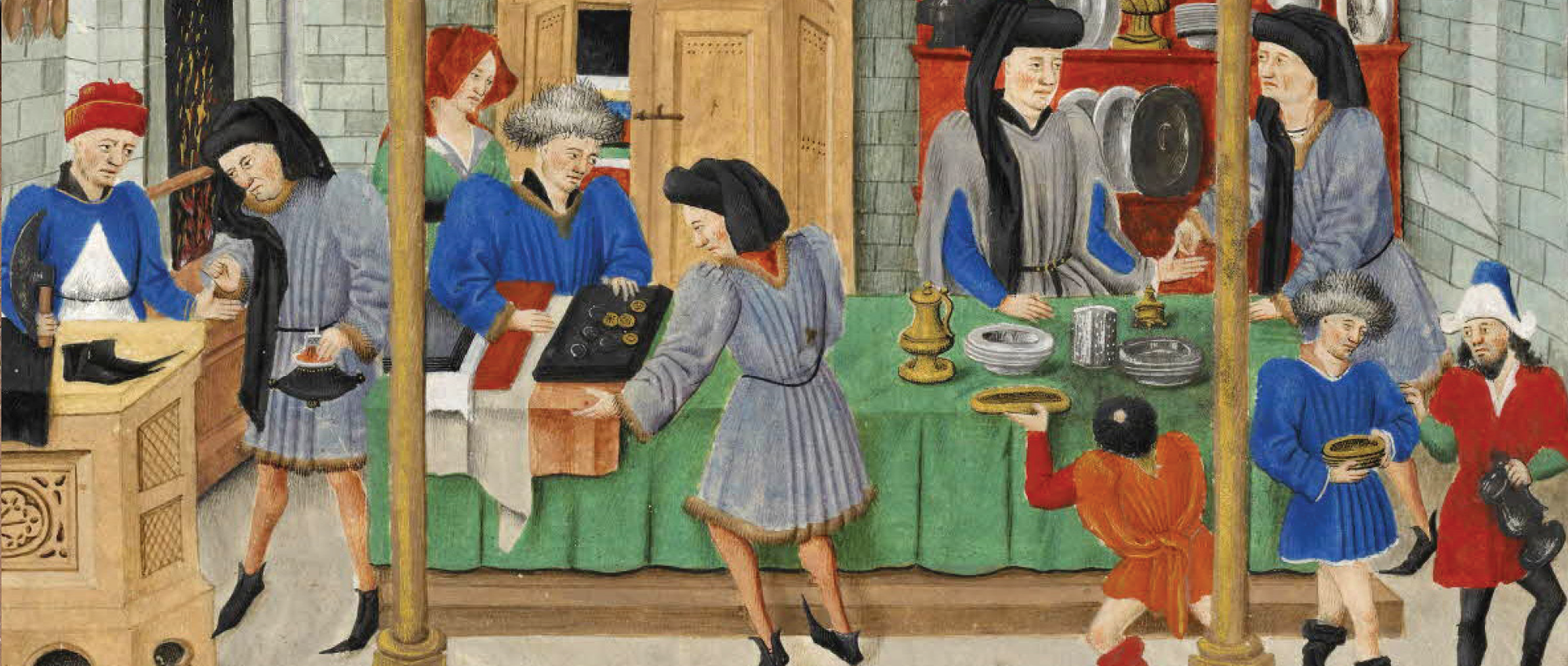La francophonie au Moyen Âge
Ethics, Politics, and Economics (Rouen I.2 927)
Instructor: Patrick Moran
Language of instruction: French
Avant l’émergence de l’idée de nation à l’époque moderne, le royaume de France est une collection de domaines seigneuriaux qui affichent une allégeance toute relative au roi de France, et le mot « France » désigne bien souvent la seule Île-de-France. Dans le sud de ce qu’on appelle aujourd’hui la France, on parle et on écrit en occitan ou en franco-provençal. En revanche, on parle et on écrit français à la cour anglo-normande et dans les milieux éduqués italiens ; avec les croisades et la fondation des royaumes latins d’Orient, le français s’est aussi exporté en Terre sainte. L’expression « littérature française du Moyen Âge » est donc largement anachronique ; il serait plus pertinent de parler de « littérature d’expression française au Moyen Âge » ou de « littérature francophone médiévale ». Les études médiévales promeuvent de plus en plus l’applicabilité des études en francophonie à la période médiévale, pour rendre compte d’une littérature qui ne se définit pas par rapport à un État-nation particulier, mais en lien avec des communautés diverses qui, dans différentes régions d’Europe et même au Proche-Orient, parlent des dialectes de la « langue d’oïl ».
Le séminaire se concentrera sur quatre œuvres emblématiques de cette francophonie médiévale :
– Les Lais de Marie de France, écrits en Angleterre, en dialecte anglo-normand, par une autrice sans doute liée au milieu Plantagenêt, et dont l’inspiration puise dans le folklore breton et britannique de son territoire d’adoption
– Le Voyage de saint Brendan de Benedeit, récit hagiographique anglo-normand de la quête du jardin d’Éden par le moine irlandais Brendan
– Le Devisement du monde de Marco Polo, récit de voyage dévoilant l’étendue du “Moyen Âge global”, écrit par un Vénitien en français ou en franco-italien, ce dialecte littéraire caractéristique des milieux éduqués d’Italie du nord
– Les Cent Ballades d’Amant et de Dame de Christine de Pizan, autrice d’origine italienne, devenue parisienne et francophone d’adoption
La lecture de ces quatre œuvres sera accompagnée de l’examen d’extraits d’autres textes significatifs, comme la version franco-italienne de la Chanson de Roland, les chroniques de la quatrième croisade de Geoffroy de Villehardouin et Robert de Clari, les traductions du dominicain irlandais Jofroi de Waterford, le manuel de conversation anglo-français La Manière de langage, et la Fleur des histoires d’Orient de l’Arménien Hayton de Korikos.
Required readings:
Marie de France, Lais, éd. Philippe Walter, Paris, Gallimard, “Folio classique”, 2020, ISBN 978-2072884566
Benedeit, Le Voyage de saint Brendan, Paris, éd. Ian Short et Brian Merrilees, Paris, Honoré Champion, “Champion classiques”, 2006, ISBN 978-2745314796
Marco Polo, La Description du monde, éd. Pierre-Yves Badel, Paris, Le Livre de Poche, “Lettres gothiques”, 1998, ISBN 978-2253066644
Christine de Pizan, Cent ballades d’amant et de dame, éd. Jacqueline Cerquiglini-Toulet, Paris, Gallimard, “Poésie Gallimard”, 2019, ISBN 978-2072791406
Recommended readings:
Thelma Fenster et Carolyn P. Collette, The French of Medieval England: Essays in Honour of Jocelyn Wogan-Browne, Woodbridge, Boydell & Brewer, 2017
Claudio Galderisi et al. (dir.), Transferts culturels franco-italiens au Moyen Âge, Turnhout, Brepols, 2020
Sharon Kinoshita, Medieval Boundaries: Rethinking Difference in Old French Literature, Philadelphia, University of Pennsylvania Press, 2006
Christopher Kleinhenz et Keith Busby (dir.), Medieval Multilingualism: The Francophone World and its Neighbours, Turnhout, Brepols, 2011
Shayne Aaron Legassie, The Medieval Invention of Travel, Chicago, University of Chicago Press, 2017
Serge Lusignan, La Langue des rois au Moyen-Âge. Le français en France et en Angleterre, Paris, PUF, 2004
Jocelyn Wogan-Browne (dir.), Language and Culture in Medieval Britain: The French of England, c. 1100-c. 1500, Woodbridge, Boydell & Brewer, 2009
Language of instruction: French


